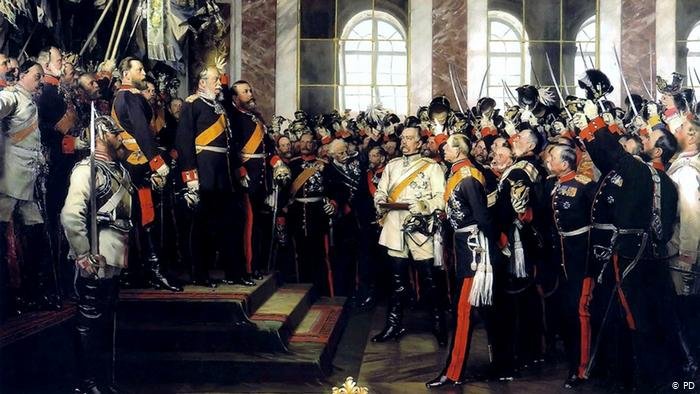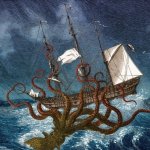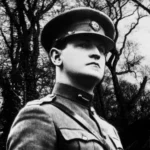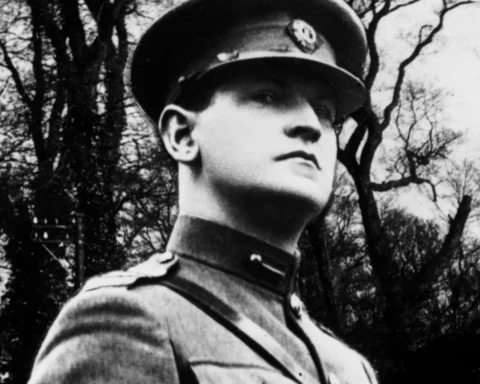Otto von Bismarck, was also known with the nickname “Iron Chancellor”. In the 19th century Under his leadership germani reached the goal of establishing the German unity. Germany has become the largest military power of Europe, not a group of small and weak states.

Bismarck the iron chancellor was born in Prussia, one of the largest German states. His father was a Prussian aristocrat, the Junker. He studied at the universities of Berlin and Göttingen. In 1847, he married a noble woman. He was elected to the Prussian Parliament in the same year.
Bismarck, who gained power as a king supporter in parliament, was in the ranks of King Frederick William and his successor, Wilhelm 1. Bismarck later worked as an embassy in France and Russia. After that In 1862 he became Prussian prime minister.
However Bismarck’s primary task was to protect the king, strengthen the army and encourage unity. Although the Germans generally supported the idea of unity, the German states did not want to give up their independence. Bismarck solved this problem by using Prussia’s military force to persuade weak states to join a new federation.
The last step taken for the Union was the Prussian-French War in 1870. This war led to the unification of other German states. After the defeat of France, William became the German Emperor. Bismarck was declared the first Chancellor of the federation.

Bismarck then gained the emperor’s trust and largely ruled the new German empire. Bismarck was not a liberal, but initiated many reforms to strengthen the empire. He developed the common currency, enacted administrative reforms. Infact He created a single set of laws to embody the union.
Considering that Germany has reached its real borders now and it will be problematic to go beyond these borders, Bismarck gave up its “blood and iron” strategy by following a more peaceful policy. Moreover, He focused on internal issues.
He has great interest in issues such as retirement and health insurance, so, he was able to comply with the understanding of the social state. On the other hand, he was trying to maintain balance by dealing with liberals and socialists.

However, the German Empire founded by Bismarck did not last long. After Wilhelm’s death in 1888, when Wilhelm 2 passed the throne, he soon forced Bismarck to resign. Without Bismarck, German foreign relations worsened. In 1914, Wilhelm made a choice that led to Germany’s First World War, making a decision to end the empire.
The nationalism power Bismarck used to unite the Germans in the 19th century caused disastrous results in the 20th century. A few years after this process, he died.
The achievements of an unusual type of political genius were based on a number of character traits. These features included cheats and deceit of a brutal, honest and trustworthy man. However Bismarck included his anger, worries, illnesses, and irrational behaviors in his roles, which he played with excellent self-confidence.
The management system he established was based on the personal power he built on those around him. Over time, he overcame all generals except Moltke, who had mutual respect relations. It destroyed the power of the sovereign rulers of German states and destroyed a number of German states, including a historic kingdom like Hanover.
He managed to exclude Tsar Russia and Great Britain and Napoleon France from the civil war in Germany. He used democracy; entered negotiations with dangerous socialists who could resist revolutionaries and authority. As soon as he has done with the ministers in his cabinet, he scribbled their names.












